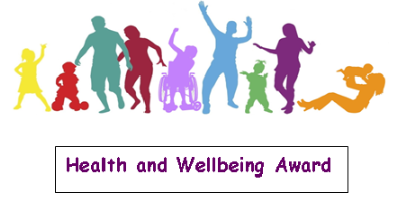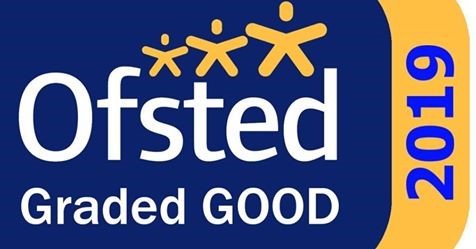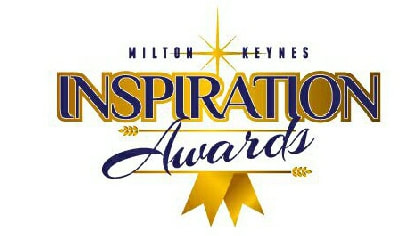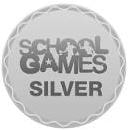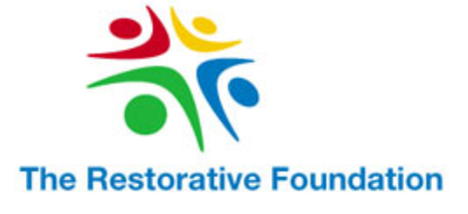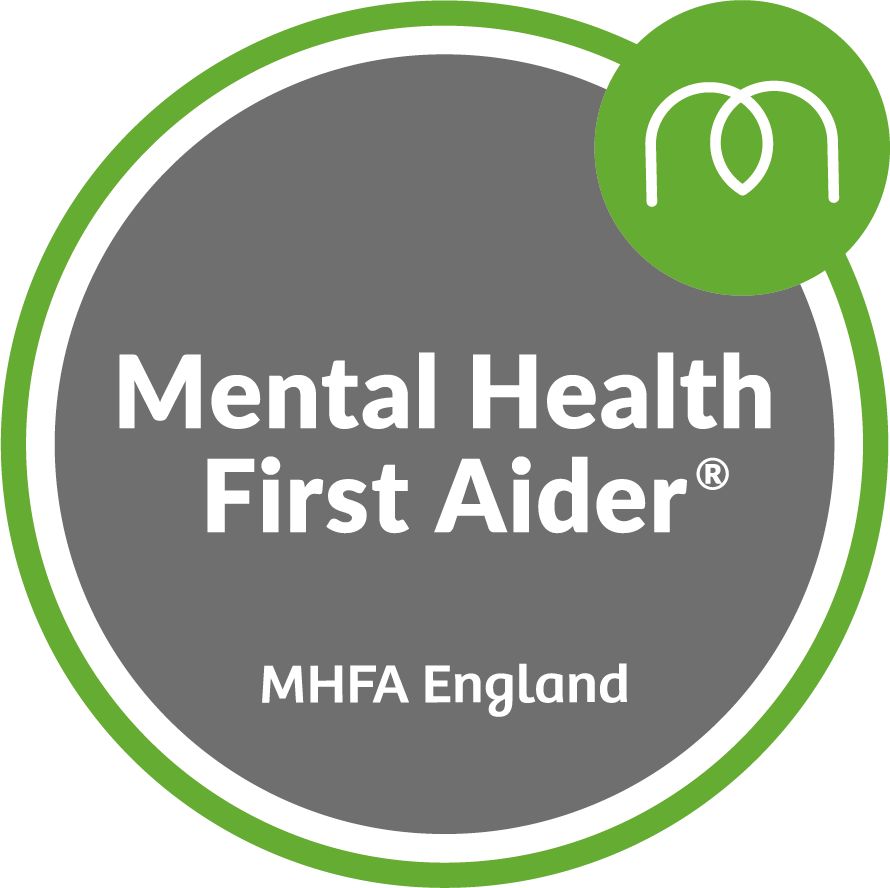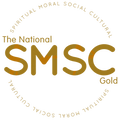|
Intent Statement
Our Science curriculum is underpinned by the National Curriculum. Teaching and learning in Science is integrated into thematic cross curricular units with some elements taught discretely. Our Science curriculum aims to develop a sense of excitement and wonder about natural phenomena. We aim to keep learning meaninful and relevant, allowing children to appreciate how new knowledge and skills can be fundamental to solving arising global challenges. Our lessons aim to encourage critical thinking, empowering children to question how and why in relation to the world around them. Our curriculum focuses on developing knowledge alongside scientific skills. We encourage curiousity about familiar and unknown observations whilst challenging misconceptions. Children continiously progress by building on practical and investigative skills across all units throughout their time at GLPS. Implementation
Science at GLPS is a spiral curriculum following the key strands of Scientific Knowledge and Understanding, and Working Scientifically. We also consider Science In Action as a way of studying the implications of science in the past, present and for the future. Engaging recall activities promote frequent pupil reflection on prior learning, ensuring new learning is approached with confidence. The concept of Science In Action is interwoven throughout the curriculum to make the concepts and skills relevant to pupils and inspiring for future application. To show progression throughout GLPS, we have grouped the National Curriculum content into six key areas of science: Plants; Animals, including humans; Living things and habitats; Materials; Energy; Forces, Earth and space. Each year group has an exploratory ‘Making connections’ unit that delves beyond the essential curriculum, assimilating prior knowledge and skills to evoke excitement and to provide an additional method of assessing scientific attainment. Knowledge organisers for each unit help to identify prior and future curriculum links to make the learning as meaningful as possible and reinforce key technical terms. Formative assessment practices enable teachers to adapt lessons within units of work to ensure that key knowledge is developed. Teachers provide support and guidance to pupils, enabling them to learn and retain the required knowledge and skills. Impact
Class teachers are expected to make regular formative and summative evaluations of learning that determine whether pupils are meeting the expectations for the development of knowledge and skills in units of work as defined by the curriculum progression document. The expected impact of completing the progression of learning for Science at GLPS is that children will: ● Develop a body of foundational knowledge for the Biology, Chemistry and Physics topics in the National curriculum. ● Be able to evaluate and identify the methods that ‘real world’ scientists use to develop and answer scientific questions. ● Identify and use equipment effectively to accurately gather, measure and record data. ● Be able to display and convey data in a variety of ways, including graphs. ● Analyse data in order to identify, classify, group, and find patterns. ● Use evidence to formulate explanations and conclusions. ● Demonstrate scientific literacy through presenting concepts and communicating ideas using appropriate scientific vocabulary. ● Understand the importance of resilience and a growth mindset, particularly in reference to scientific enquiry. ● Meet the end of key stage expectations outlined in the National curriculum for Science. Teachers moderate their assessments using the Subject Portfolio document, ensuring that there is consistency in assessing whether a pupil meets the age related expectations. Teachers update the portfolio where the best outcomes exceed the examples of best current best practice. Progression
Subject Days
On the 4th October, Anglian Water came to visit us to help us understand the importance of using our water carefully. We learnt that not all countries have taps that flow with clean water. On 17th November 2022, we saw national toilet day! This was a live event via Microsoft Teams. This helped build our awareness of the 4.2 billion people living without access to safely managed sanitation. We also got to look at toilets from the past! Local Community Links
During their time at Great Linford Primary, the children have the opportunity to experience space virtual reality with visits to the school from a local immersive VR team! The children have the opportunity to complete science experiments during each of their units of study. Supporting From Home
Check out these websites! https://www.science-sparks.com/ https://www.sciencebuddies.org/stem-activities historical Information
|
Science in our school... | ||||||


